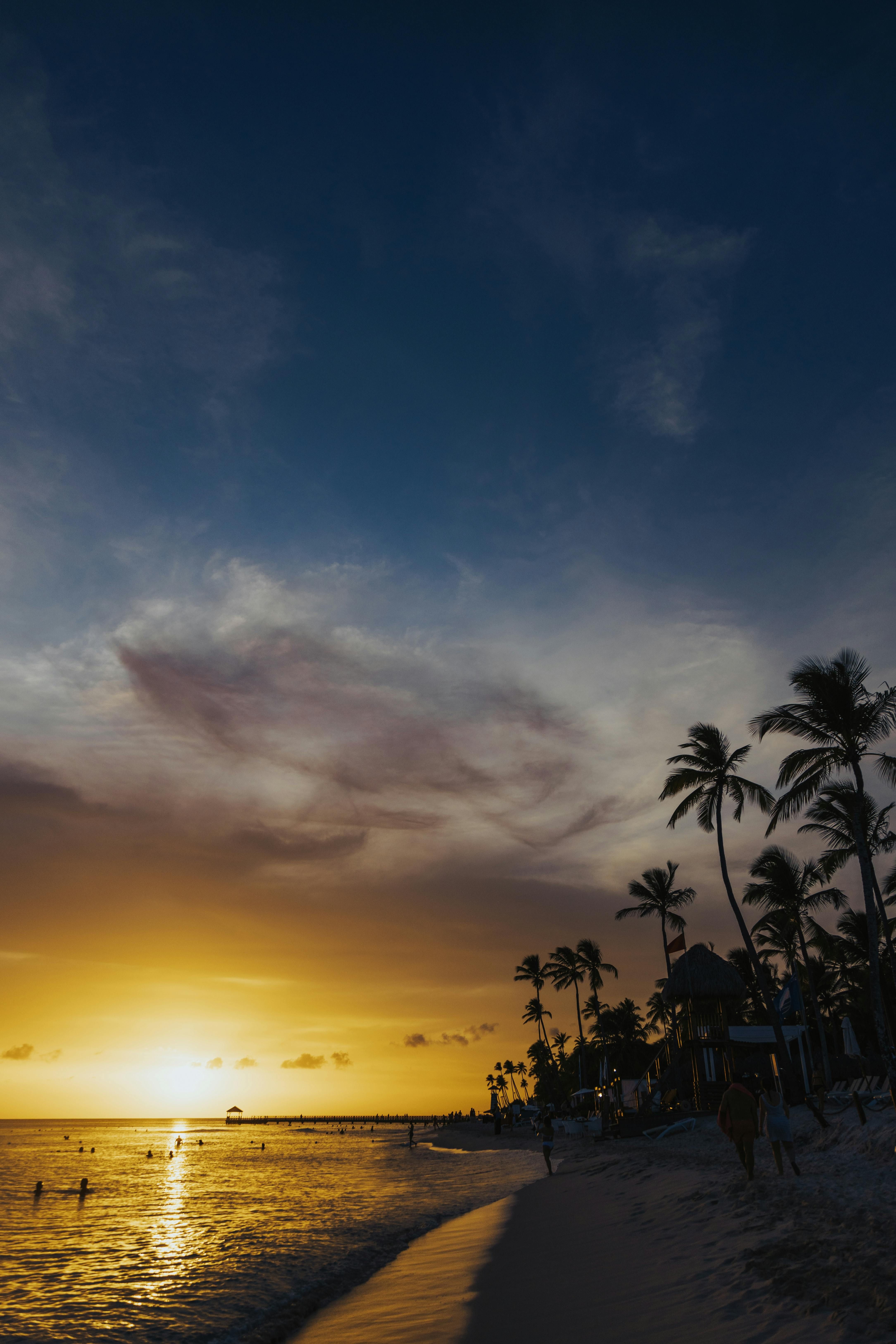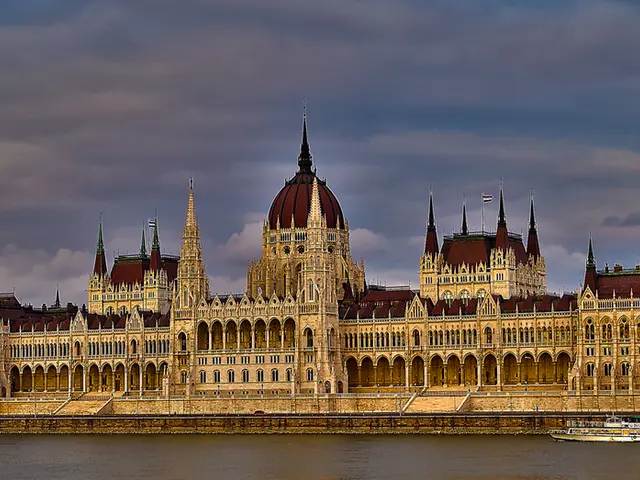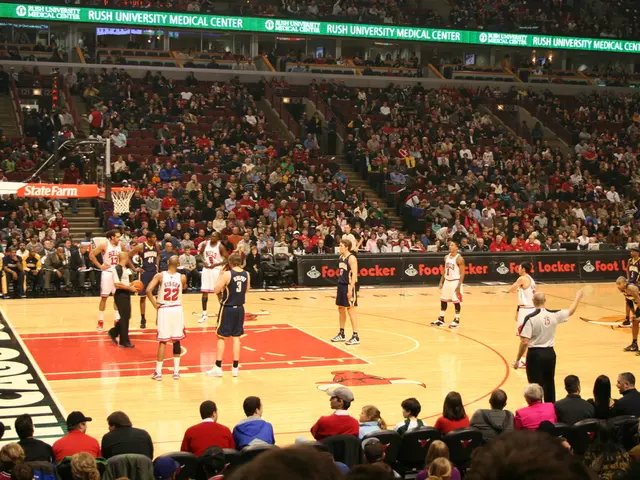Controversial Bill Targeting Israel Boycotts Faces Opposition from Right-Wing Supporters Amid Free Speech Debate
Washington D.C. - The Wheels Turn Slow for the IGO Anti-Boycott Act
A bill targeting international boycotts, particularly those against Israel, is facing some heat in Congress. The proposed measure, known as the IGO Anti-Boycott Act, has been met with opposition from some unexpected allies of President Donald Trump, putting its passage in doubt.
Originally scheduled for a vote on May 5, 2025, the bill, co-sponsored by Reps. Mike Lawler (R-NY) and Josh Gottheimer (D-NJ), has been held back due to internal opposition within the Republican ranks.
The Crack in Republican Ranks
While the bill enjoys bipartisan support, some Republican lawmakers have voiced concerns. Outspoken critics include Reps. Marjorie Taylor Greene (R-Ga.) and Anna Paulina Luna (R-Fla.). While both lawmakers are known for their staunch pro-Israel stance, their opposition to the bill suggests fears about its impact on free speech or its far-reaching provisions.
Another opposition voice comes from libertarian-leaning Rep. Thomas Massie (R-Ky.), who has raised broader concerns about civil liberties and the harsh penalties the bill proposes, including up to 20 years in prison or a $1 million fine for complying with international sanctions.
This split within Republican ranks suggests a complex web of factors at play, with some legislators prioritizing free speech and civil liberties over support for Israel.
The Controversy Unfolds
The IGO Anti-Boycott Act seeks to expand existing anti-boycott laws to target boycotts promoted by international governmental organizations (IGOs). Critics warn that the bill could stifle peaceful support for human rights accountability, potentially infringing on free speech rights.
As the bill continues to draw criticism, it remains to be seen whether it will gain enough support to pass. The postponement of the vote serves as a reminder that the issue remains contentious and that further debate is needed before the legislation can proceed.
Stay Updated
For more on this developing story and the Americas, sign up for our newsletter. And remember, in the spirit of free speech, stay informed and keep the conversation going.
Enrichment Data:
Overall:
The IGO Anti-Boycott Act has been postponed due to internal opposition within the Republican ranks, despite initially being scheduled for a vote on May 5, 2025. The bill, co-sponsored by Reps. Mike Lawler (R-NY) and Josh Gottheimer (D-NJ), aims to expand existing anti-boycott laws to target boycotts promoted by international governmental organizations (IGOs).
Reasons for Opposition:
Opposition to the IGO Anti-Boycott Act comes from various Republican lawmakers, including Reps. Marjorie Taylor Greene (R-Ga.), Anna Paulina Luna (R-Fla.), and Thomas Massie (R-Ky.). Although these representatives are known for their pro-Israel stance, their opposition likely stems from concerns about the bill's impact on free speech or its potentially far-reaching provisions.
Concerns and Impact:
Critics argue that the IGO Anti-Boycott Act could criminalize peaceful support for human rights accountability, potentially infringing on free speech rights. This controversy underscores the delicate balance between supporting Israel and upholding free speech, a tension that continues to resonate in the halls of Congress.
- The IGO Anti-Boycott Act, intended to expand anti-boycott laws, has caused a rift among Republican lawmakers, including Reps. Marjorie Taylor Greene, Anna Paulina Luna, and Thomas Massie, who fear it could stifle free speech or have overreaching consequences.
- Although generally supportive of Israel, these Republicans question the bill's potential impacts on civil liberties, free speech, and the harsh penalties it proposes.
- The bill, scheduled for a vote on May 5, 2025, has been delayed due to this internal opposition, indicating a complex interplay of factors within the Republican party.
- The IGO Anti-Boycott Act, if passed, could have a significant effect on human rights protections, as critics warn it could impede peaceful support for human rights accountability.
- The controversy surrounding the bill serves as a reminder of the intricate relationship between politics, business, and human rights, and the need for careful consideration when creating policies related to international boycotts.
- With universities, congresswomen, and general news outlets closely monitoring the situation, the future of the IGO Anti-Boycott Act remains uncertain, as it faces an uphill battle in the face of growing opposition.








